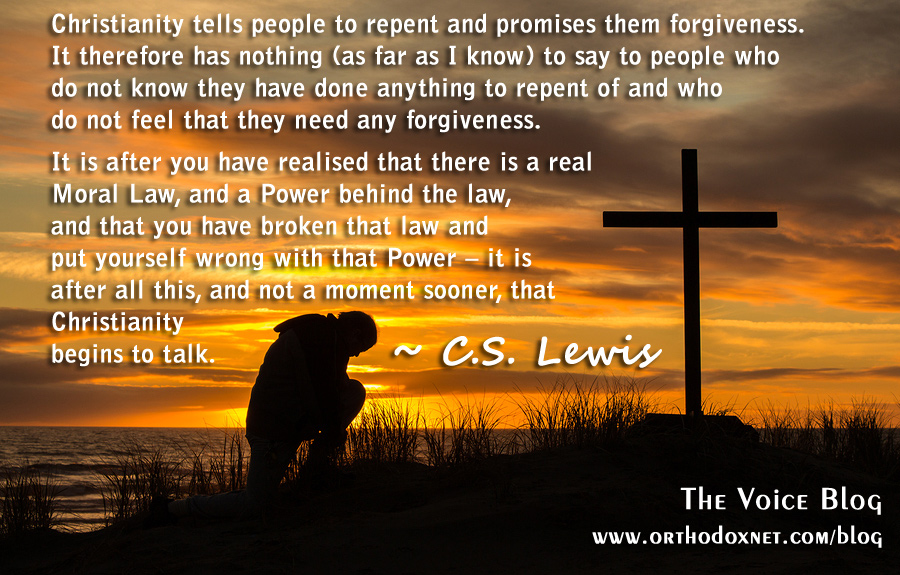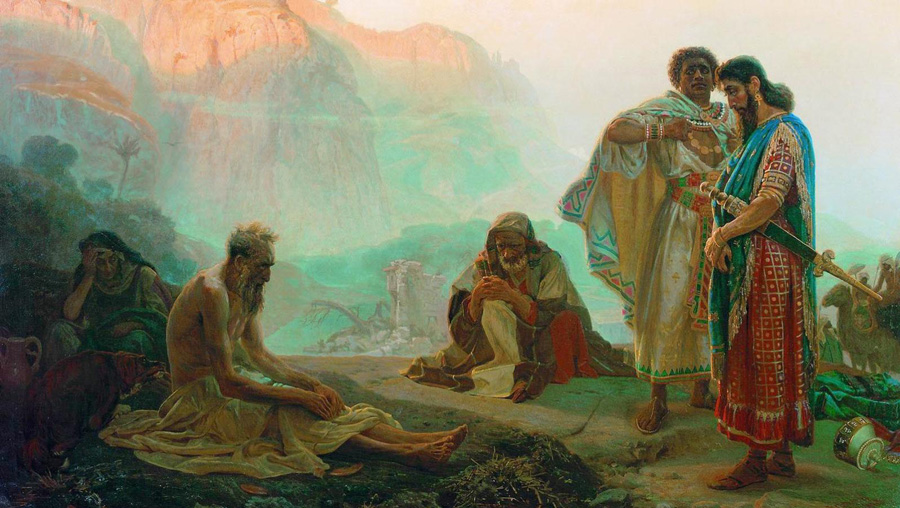 by Chris Banescu –
by Chris Banescu –
In his book, Making Sense Out of Suffering, Peter Kreeft offers us a partial explanation of the mystery of why righteous men are afflicted by seemingly random and unjust suffering and many trials and tribulations in this life. He points us to the Scriptures, specifically the Book of Job, and the lessons we can learn from the suffering of the righteous Job and God’s answer to Job. “Who do you think you are, anyway? By what right do you unquestioningly assume that you can know the answer to this question? Are you in a position to answer it? Where were you when I laid the foundations of the earth?”, the author paraphrases God’s response to the long-suffering Job.
Kreeft explains that for many of us, the suffering we experience in this life will remain a mystery. While sometimes we may grasp the reason “why” we endure afflictions or God allows us a glimpse into the purpose behind our tribulations, most often we cannot know. To truly understand why we suffer would mean to know the mind of an infinite, omniscient, and omnipotent God. And that’s impossible. [Read more…]

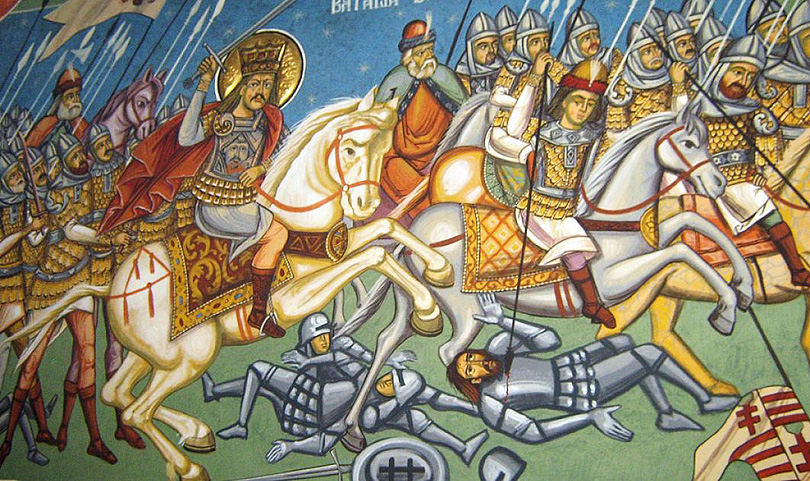 by Chris Banescu –
by Chris Banescu –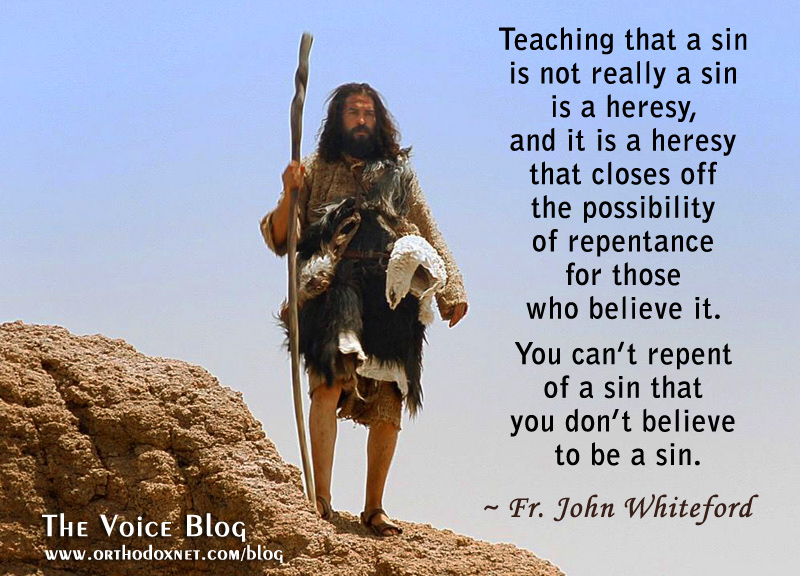
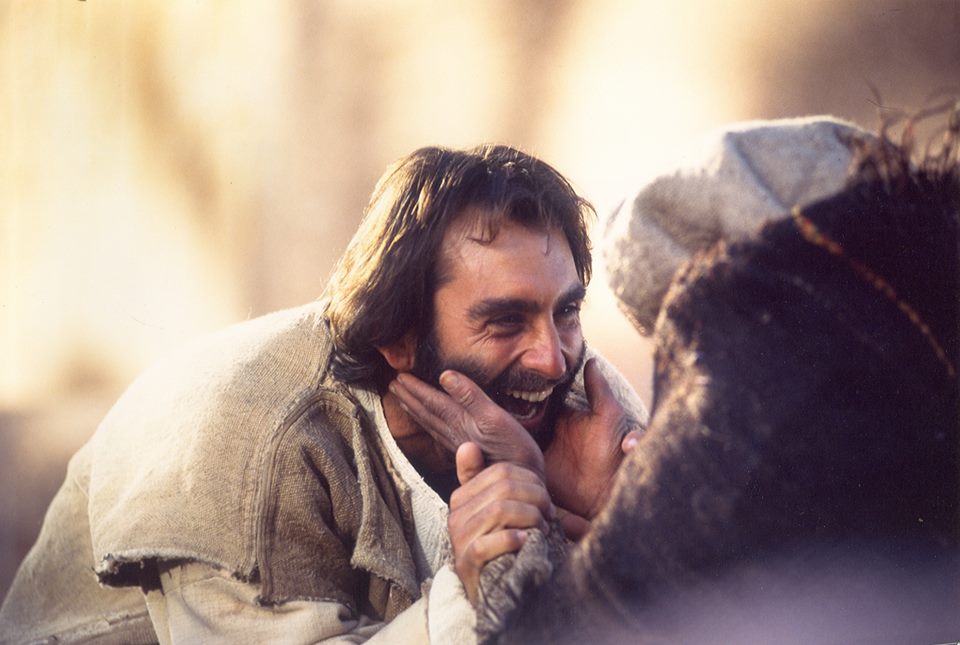 by Peter Kreeft –
by Peter Kreeft –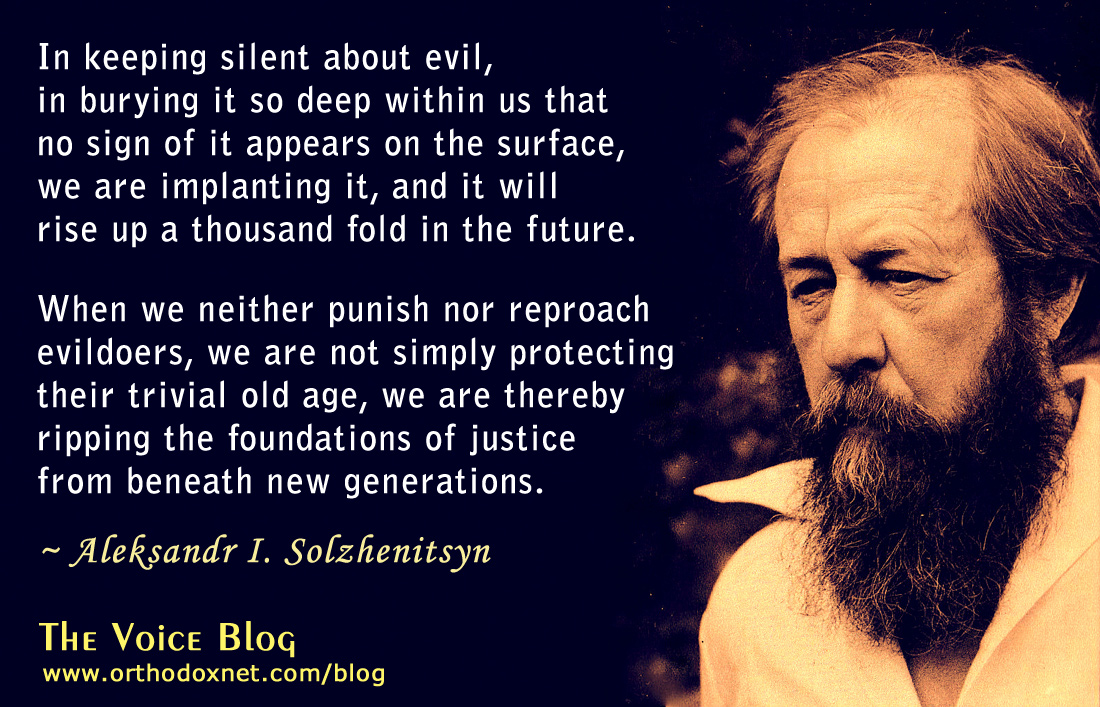
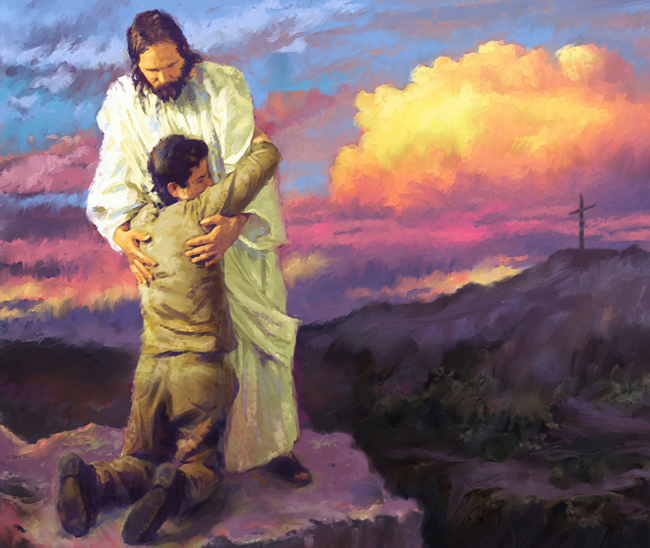 by St. Peter of Damascus –
by St. Peter of Damascus –